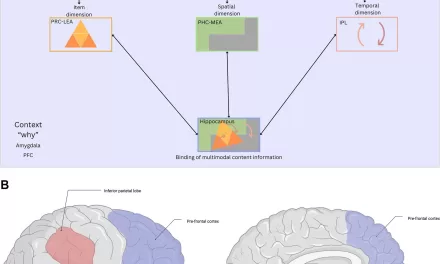Boston, MA – A new study from Boston Children’s Hospital published in Nature has uncovered a crucial link between an intestinal protein and the development of food allergies in children. The research reveals that excessive levels of a protein called RELMb disrupt the balance of beneficial bacteria in the gut, leading to an overactive immune response to certain foods.
How RELMb Impacts Food Allergies
The study found that RELMb, secreted by specialized cells in the intestine, alters the composition of the gut microbiome. This disruption depletes essential bacteria that produce compounds called indoles, which are crucial for the development of immune tolerance to food. Indoles help the body recognize harmless food proteins and prevent an allergic reaction.
“RELMb is essentially orchestrating changes in the gut microbiome,” explains Dr. Talal Chatila, co-leader of the study. “If there is too much RELMb, it instructs cells to produce anti-microbial proteins that kill off the beneficial bacteria.”
Preventing and Treating Food Allergies
The researchers demonstrated that blocking RELMb in mice genetically predisposed to food allergies prevented the development of the condition. Conversely, introducing RELMb into mice not prone to allergies caused them to develop food sensitivities.
“Not only does connecting RELMb to food allergy have therapeutic implications, but knowing which microbes RELMb affects and how these microbes prevent food allergy can influence therapies as well,” notes Dr. Seth Rakoff-Nahoum, co-leader of the study.
These findings offer a promising avenue for developing new treatments for food allergies. By targeting RELMb or its receptor, researchers hope to restore the immune system’s tolerance to food proteins, potentially offering a lasting solution for children with food allergies.
Looking Ahead
The researchers plan to conduct further human studies to investigate the role of RELMb in predicting the risk of food allergies in children. They also aim to initiate clinical trials to test the efficacy of RELMb inhibitors in treating and preventing food allergies.
“Current therapies for food allergy are not known to be permanently disease-modifying,” says Dr. Rima Rachid, a co-author on the study. “This research offers hope for developing therapies that can permanently reduce the severity of allergic reactions or increase the amount of food a person can safely eat.”
This groundbreaking research provides valuable insights into the complex interplay between the gut microbiome, the immune system, and the development of food allergies. It offers a beacon of hope for children and their families who struggle with this challenging condition.
Disclaimer: This news article is based on the provided information and should not be considered medical advice.












